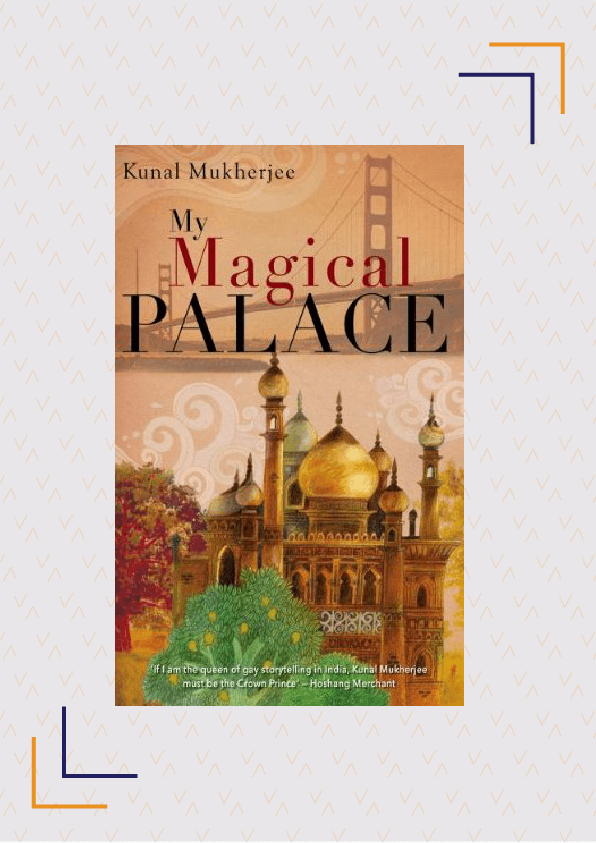


Many of these texts focus on narratives of homosexual men and their attempts to locate themselves in diasporic settings. This paper is an attempt to interrogate the intersectional problematic of being an Indian queer diasporic subject in North America.Ģ Recent fiction dealing with the complicated identities, experiences, and negotiations of queer South Asian diasporic and/or immigrant subjects in North America has portrayed the multiple facets of queer lives that were not represented adequately in earlier literary texts in English. However, very little research has investigated the dual dilemma inherent in occupying a queer and diasporic position in the Indian North American context vis-à-vis negotiating temporal and spatial displacement. Research on queer South Asian topics in the North American context includes the critical insights of Gayatri Gopinath, Gita Rajan and Shailja Sharma, Roksana Badruddoja, and Geoffrey Burkhart.

Manalansan IV, Dai Kojima, and contributors to collections of essays edited by Russell Leong and by David L. To this end, a considerable amount of critical work has been done on Asian American queer narratives by scholars such as Sau-ling C. Critical focus has been accorded to texts emerging out of transnational dislocations and displacements with accompanying tropes of conflicts, accommodations, and negotiations, especially in the North American context. In recent years, the academic study of literature dealing with the queer diaspora has provided literary studies with multifarious insights into the interconnections between race, gender, sexuality, and migration. Most teenagers face this struggle as they try to define themselves as adults in the world.1 Given increasing sociopolitical concerns regarding diasporic movements and queer activism across transnational spaces, 1 academic inquiries into the identity politics of the queer diaspora have become more timely, relevant, and necessary. Rahul realizes as a teenager, that in order to be loved and accepted he must do exactly what is expected of him by society, his parents and peers. The book recreates the world of post-partition India, marked with political upheaval and communal tension and the exposure of youth to western culture, post the Beatles era. My Magical Palace spans the years from the turbulent early seventies in Hyderabad where Rahul grows up, to modern day San Francisco, the birthplace of recent significant social revolt and technology innovation. “Its a journey….of a boy from Hyderabad to San Francisco….from confusion to clarity….and also of the society….to freedom….worth a read to understand the change India has gone through….and still going through” – Rani Mukherji


 0 kommentar(er)
0 kommentar(er)
